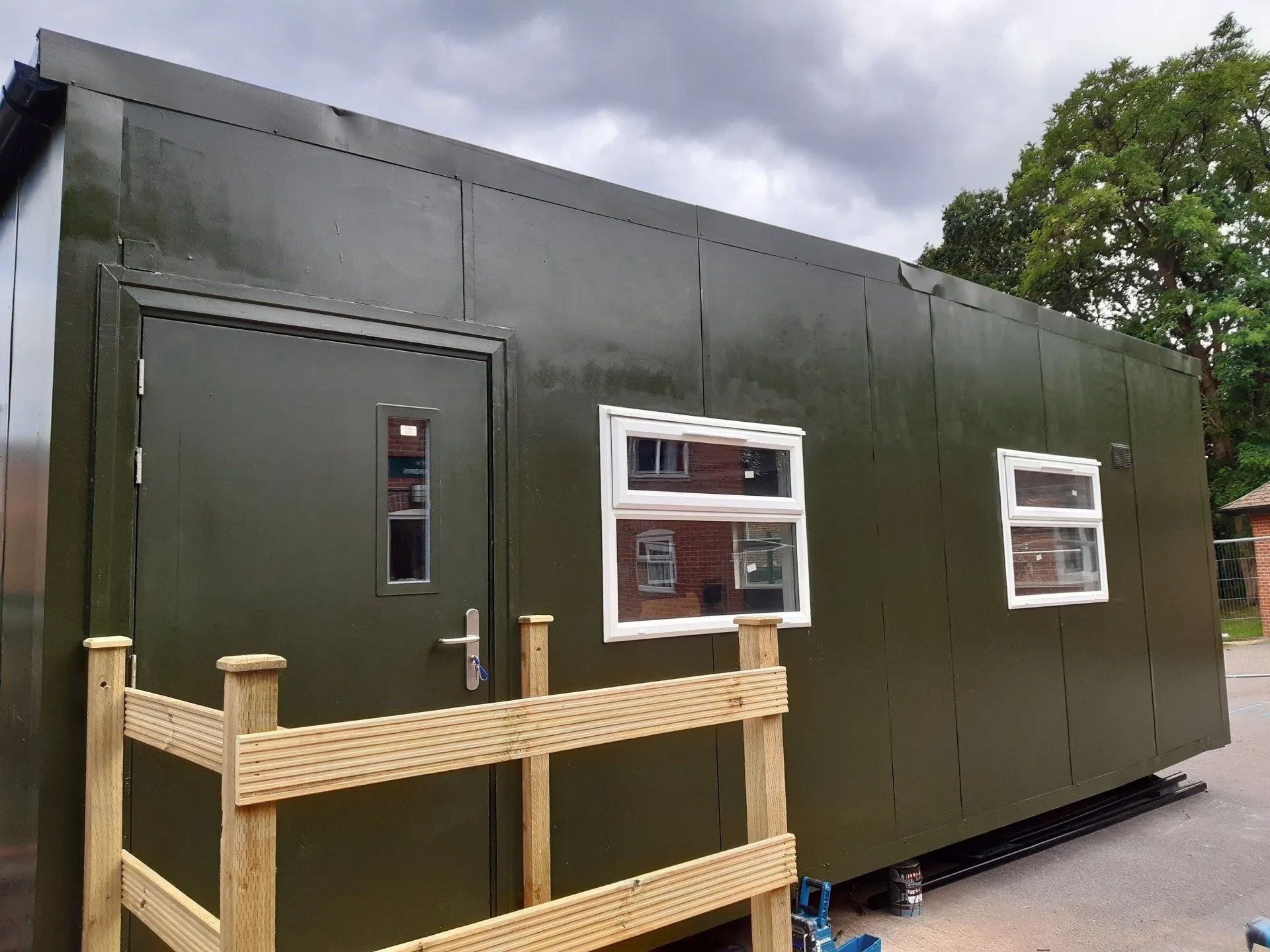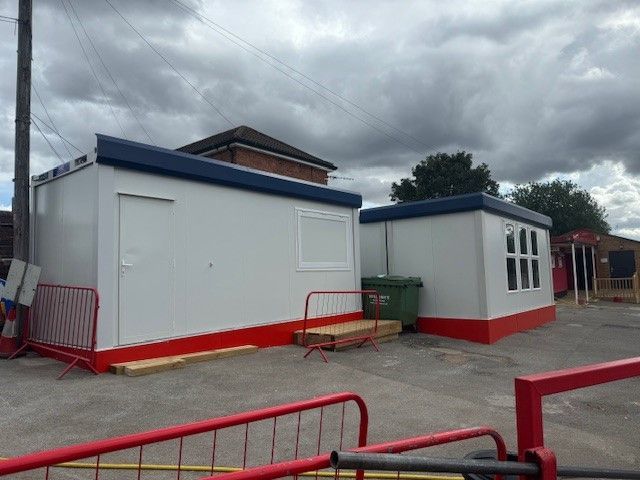Sustainability is a key consideration for businesses and organisations these days, with many taking proactive steps to embrace green initiatives and reduce their carbon footprint. One such step is opting for temporary, portable buildings over traditional construction. These buildings can be used in various sectors and for a range of applications, such as classrooms, on-site canteen facilities, and additional office space. Here are just a few of the ways that portable cabins can benefit the environment.
Reduced Construction Waste
Traditional construction generates a significant amount of waste, with materials often discarded due to overestimation, damage, or changes in design. Portable buildings, on the other hand, are manufactured in a controlled factory environment, ensuring precise use of materials and minimising waste. The nature of portable cabins means that any excess materials can often be reused in future projects, further reducing the carbon footprint of the manufacturing process.
Energy Efficiency
Portable buildings are designed with energy efficiency in mind, with many now being equipped with advanced insulation, energy-efficient windows, and eco-friendly heating and cooling systems. This not only reduces the energy required to maintain a comfortable indoor environment but also lowers utility costs for the occupants. Additionally, the factory construction process for portable buildings typically consumes less energy compared to traditional on-site construction.
Minimised Site Disturbance
The installation of portable cabins causes minimal disruption to the site compared to traditional construction projects. Since the major construction work is completed off-site, the need for heavy machinery and extensive groundwork is significantly reduced. This leads to less soil erosion, reduced noise pollutants, and lower emissions from construction vehicles. For sites located in sensitive or protected areas, this reduced disturbance is particularly beneficial.
Reusability and Versatility
One of the standout environmental benefits of portable buildings is their reusability. Portable cabins can be relocated and repurposed multiple times throughout their lifespan. This versatility not only extends the life of the building but also reduces the demand for new construction materials and the energy associated with producing them, thus further enhancing their sustainability credentials.
Sustainable Materials
Many portable buildings are now constructed using sustainable and recyclable materials, such as recycled steel and sustainably-sourced timber. These materials reduce the environmental impact during both the construction and disposal stages, promoting a more sustainable building lifecycle.
Portable buildings offer a range of environmental benefits that make them a smart choice for a wide variety of businesses and organisations. Whether you require portable office buildings, healthcare facilities or educational spaces, Relocatable Building Systems can help. We are a leading supplier of modular buildings and portable cabins, catering to a range of clients and applications throughout the UK. For more information or to discuss your requirements with one of our experts,
get in touch today.








